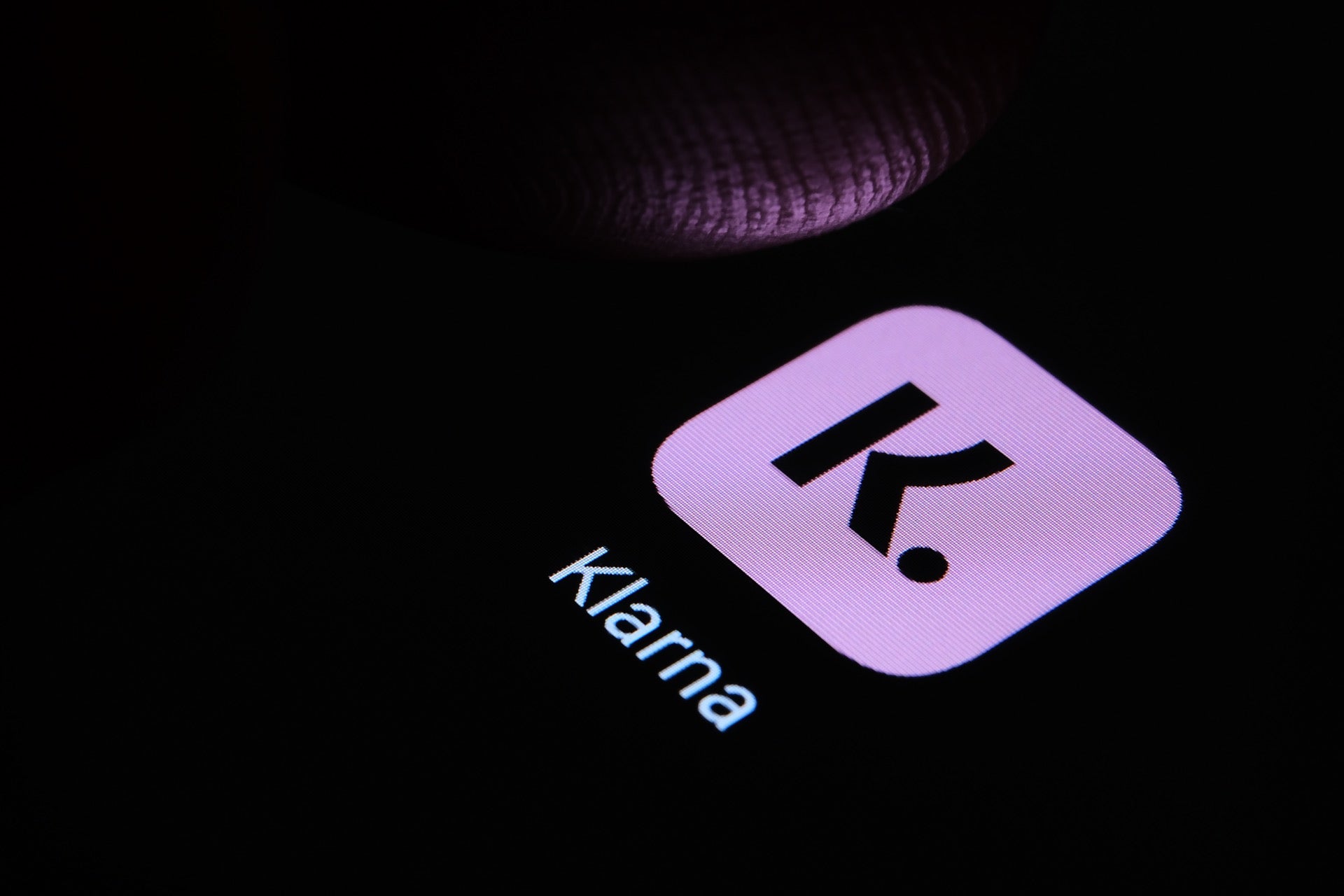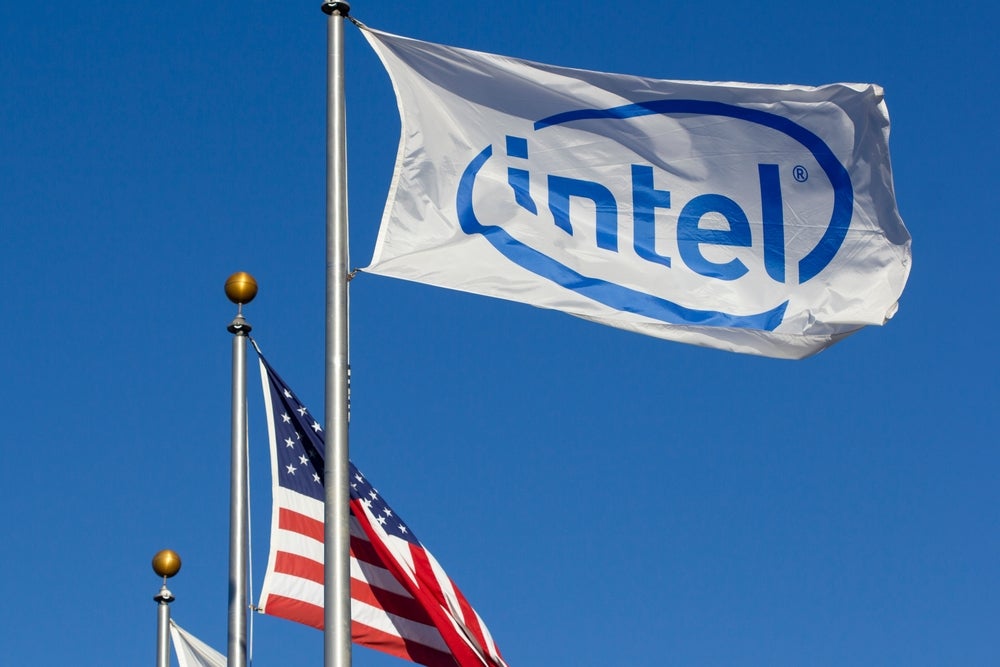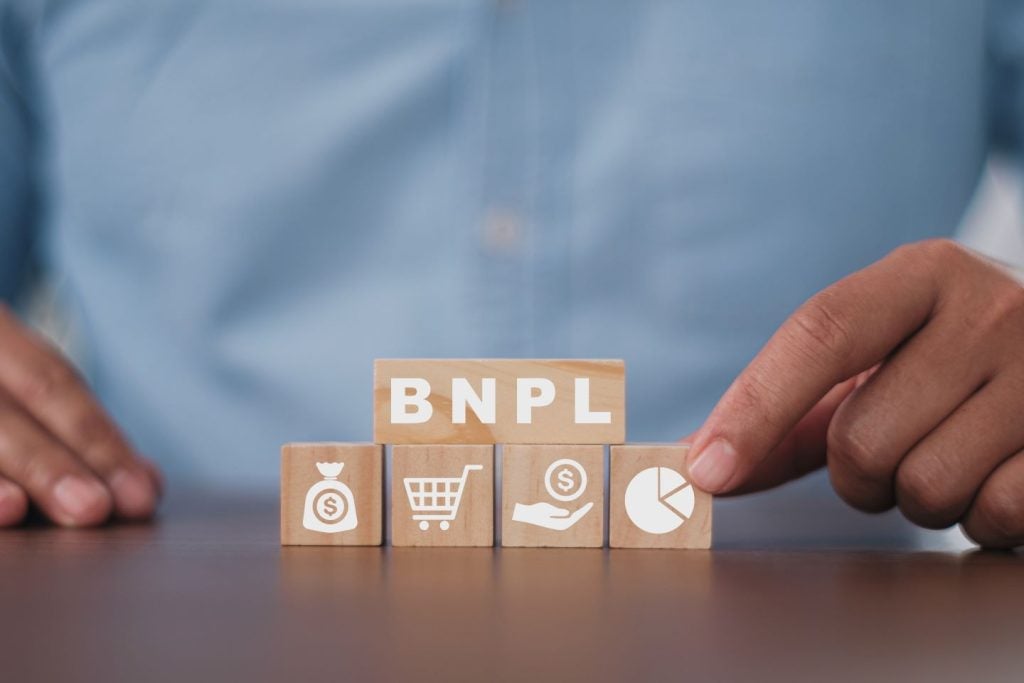
Buy-now-pay-later fintech Klarna is said to be close to making a deal that would see it become a quadradecacorn, but only if today’s privacy unpleasantness doesn’t discourage investors.
The Swedish fintech giant was reportedly on the cusp of closing an investment deal backed by SoftBank and multiple other investors, a person close to the matter told Business Insider earlier today. The deal is said to put Klarna’s value past the $40bn mark.
It is unclear how big the round might be, but it’s suggested that the deal would be smaller than the humongous $1bn round Klarna closed in March which pushed its valuation to $31bn, making it a tridecacorn.
Quadradecacorn status would make Klarna not just Europe’s most valuable privately-owned fintech company, but also indeed the continent’s most valuable tech company of any kind.
Klarna’s rumoured new funding has been interpreted as a step towards a highly anticipated public float, which it has talked about over the past year.
However, mere hours after news of the possible quadradecacorn round broke, Klarna suffered a massive data privacy incident.
How well do you really know your competitors?
Access the most comprehensive Company Profiles on the market, powered by GlobalData. Save hours of research. Gain competitive edge.

Thank you!
Your download email will arrive shortly
Not ready to buy yet? Download a free sample
We are confident about the unique quality of our Company Profiles. However, we want you to make the most beneficial decision for your business, so we offer a free sample that you can download by submitting the below form
By GlobalDataVisitors to Klarna’s website today (Thursday afternoon UK time) saw this message:
“We are currently experiencing system disturbances caused by a technical error. We apologise for any inconvenience this is causing. Whilst we are addressing the issue, customers are unable to log into the app.”
The message has since been removed.
Klarna’s CEO Sebastian Siemiatkowski later published a blog, explaining that Klarna had suffered “a self-inflicted incident, that for 31 min affected up to 0.1%, approximately 90 000, of our users.”
“The bug led to random user data being exposed to the wrong user when accessing our user interfaces. It is important to note that the access to data has been entirely random and not showing any data containing card or bank details (obfuscated data was visible),” he said.
“This means that it has been impossible to access a specific user’s data. According to GDPR standards, only non-sensitive data was exposed. However we recognize that what is deemed non-sensitive is very individual, and we set our own standards higher than GDPR.”
It is unclear how this will affected the rumoured raise.






